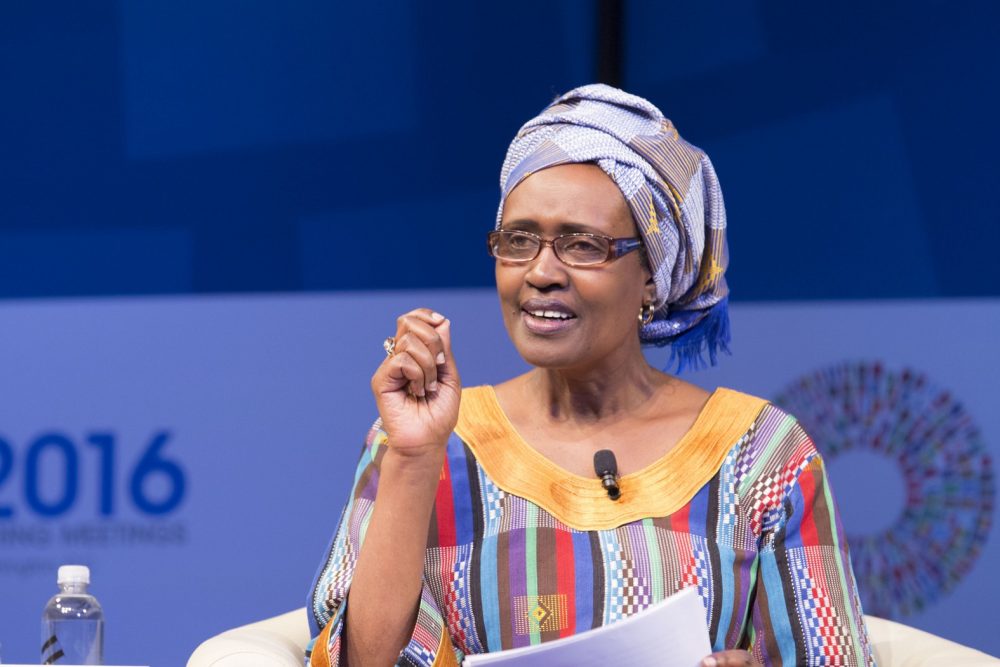Rwanda has been listed among top countries that have successfully supressed the threat of AIDS according to the UNAIDS agency which said on Thursday “The end of AIDS” is still possible by 2030.
On Thursday UNAIDS outlined a roadmap of investment, evidence-based prevention and treatment and tackling the inequalities that are currently holding back progress.
Rwanda, Botswana, Eswatini, Tanzania and Zimbabwe have already achieved what are called the 95-95-95 targets.
This means that 95% of those living with HIV know their status; 95% of those who know they have HIV are on life-saving anti-retroviral treatment; and 95% of people on treatment achieve viral suppressed.
UNAIDS said that ending the pandemic was, above all, a political and financial choice.
UNAIDS Executive Director Winnie Byanyima said the greatest progress on HIV — the virus that causes AIDS — was being made in the countries and regions that have invested strongly.
She cited eastern and southern Africa, where new HIV infections have dropped by 57 percent since 2010.
Its report, however, added that there has been a steep increase in new infections in Eastern Europe and Central Asia, as well as in the Middle East and North Africa.
“These trends are due primarily to a lack of HIV prevention services for marginalized and key populations and the barriers posed by punitive laws and social discrimination,” the report said.
In 2022, UNAIDS says an estimated 39 million people around the world were living with HIV, of whom 29.8 million were accessing anti-retroviral therapy. Those missing out include 660,000 children.
The numbers on anti-retroviral treatment have near quadrupled from 7.7 million on 2010, according to the agency.
“Success is possible — in this decade,” said Byanyima.
“The end of AIDS is an opportunity for a uniquely powerful legacy for today’s leaders,” Byanyima said.
“The end of AIDS” is still possible by 2030, the United Nations said Thursday, but cautioned that the world’s deadliest pandemic could only be halted if leaders grasped the opportunity.
“AIDS can be ended by 2030,” the UNAIDS agency said as it outlined a roadmap of investment, evidence-based prevention and treatment and tackling the inequalities that are currently holding back progress.



















